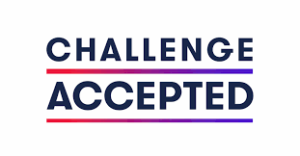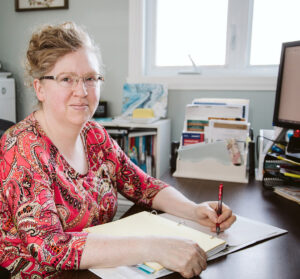 Let’s talk about translation challenges.
Let’s talk about translation challenges.
Except for rare people who were raised in a completely bilingual environment (home and school), every translator faces a challenge related to the language that is not their mother tongue. You likely have fewer skills in that language, and this can affect your translations.
But there is a way to compensate for this. Until you have a very high degree of fluency in your second language, you should incorporate into your translation process someone who has the skills you are lacking in the other language.
If you do inward translation (from another language into your mother tongue), it is fairly easy for you to express ideas in a way that flows naturally. However, depending on your degree of fluency in the other language, you may have difficulty understanding exactly what the author meant. You can compensate for this by having a native speaker of the other language do a bilingual revision (compare your translation to the original document).
If you do outward translation (from your mother tongue into another language), it is quite easy for you to understand exactly what the author meant. However, depending on your writing skill in the other language, you may have difficulty expressing ideas in a way that flows naturally. You can compensate for this by having a native speaker of the other language do a stylistic revision (adjust sentences to sound more natural in that language).
So most of us start out with a translation challenge, but there is a way to compensate for it until our skills are fully developed. I encourage you to use a reviser until that time, for the sake of translation quality.
Have a great day!
Liane 🙂
www.LearnTranslation.com
www.NonprofitTranslation.org
